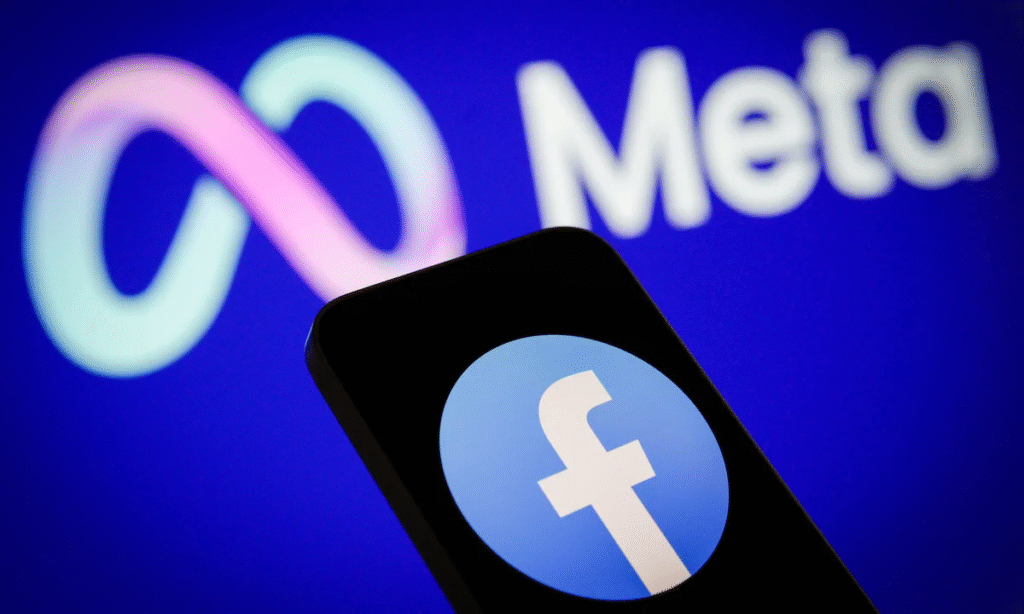Meta, the owner of Facebook and Instagram, is facing sharp criticism after reports showed thousands of fraudulent ads thriving on its sites. Banks such as JPMorgan Chase say nearly half of all scam complaints tied to Zelle payments came from ads on Meta’s platforms between mid-2023 and mid-2024. Other banks experience the same sharp rise in fraud associated with Facebook and Instagram ads.

How Scammers Trick People
Scammers sometimes make up offers for investments, promises of discounted offers, or even offer puppies that never exist to get people to send them money. In Atlanta, Edgar Guzman learned scammers were using his warehouse address in over four thousand ads that offered cheap bulk goods. People sent money, but never received any goods. Guzman told reporters it hurts to tell customers they have been scammed when he never sold online.
Why Meta Struggles to Stop Scams
Meta says it fights scams with new tools and by working with banks and tech partners. The company removed over two million accounts this year that were tied to known scam operations. Despite these efforts, insiders say Meta fears cutting off bad advertisers could hurt its revenue. Employees report that accounts may only be banned after dozens of fraud complaints, allowing scams to run for weeks before action.
A Global Problem
Scams on social media are not limited to one region. Experts point to organized crime networks based in Southeast Asia that generate AI-powered ads mimicking trusted brands. Guardian Australia found over one hundred forty fake “ghost stores” impersonating well-known retailers. Once people tried buying, the sites disappeared, leaving payments stuck on doubtful domains.
Steps to Protect Yourself
Making some easy rules a habit is what can keep you safe online. Be sure that ads are pointing to real and secure sites. Should you notice an unusually good deal, you could take a moment to check the seller’s background. Install updates on your devices and put in place good security tools. Keep an eye on your bank statements and immediately report any charges you don’t recognize. Report anything you think is suspicious in an ad on Facebook or Instagram to Meta.

A Call for Greater Accountability
Many voices now urge Meta to take stronger action. Banks, consumer groups, and even judges have demanded that Meta explain how so many scam ads slip through its systems. As lawsuits over ad metrics and fraud advance in court, the pressure is on Meta to move beyond statements and build faster, tougher defenses. Until then, users must look out for themselves online and use every tool they have to spot and avoid scams.





